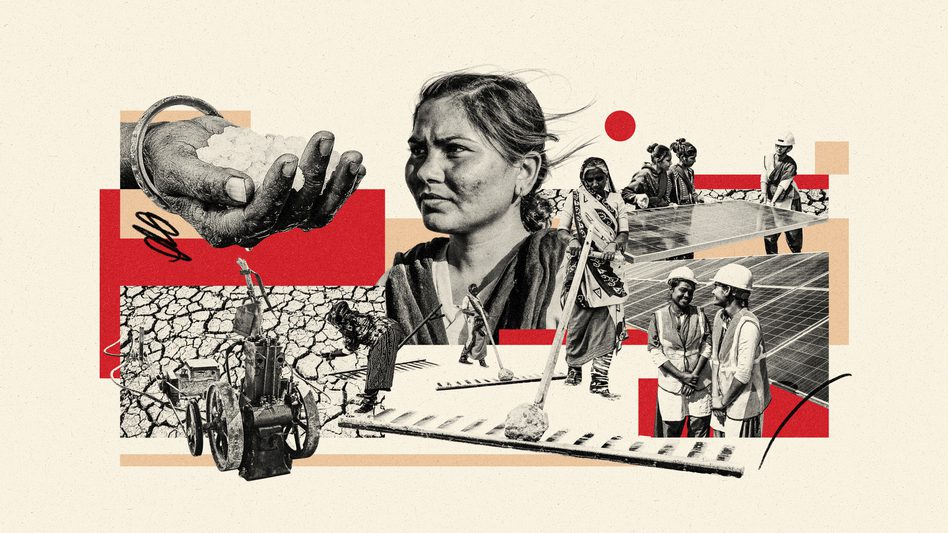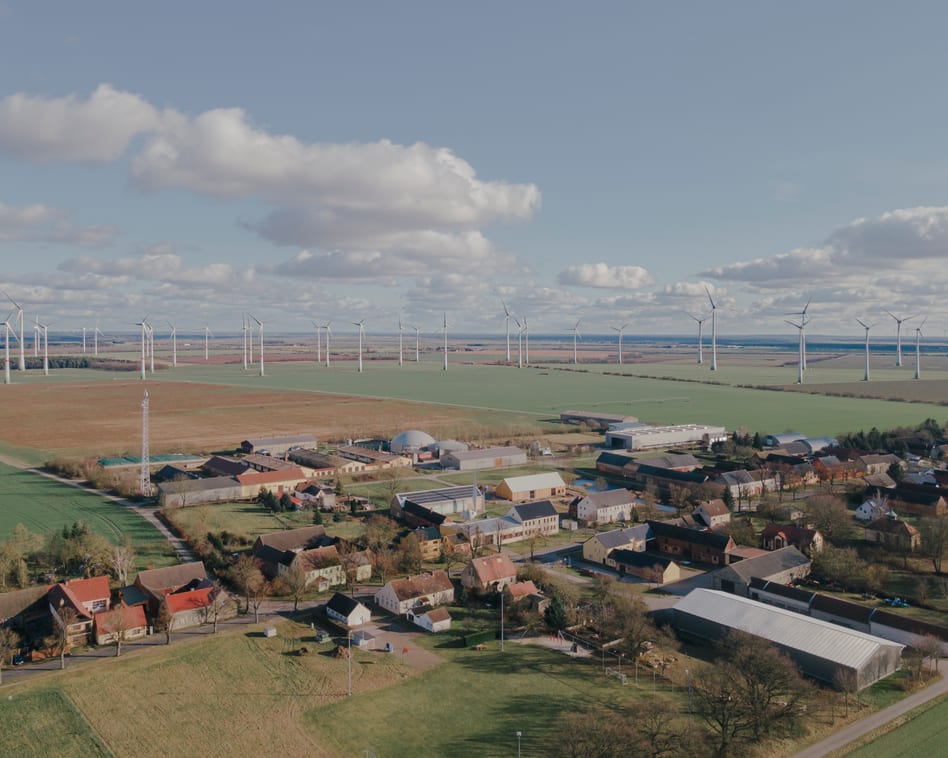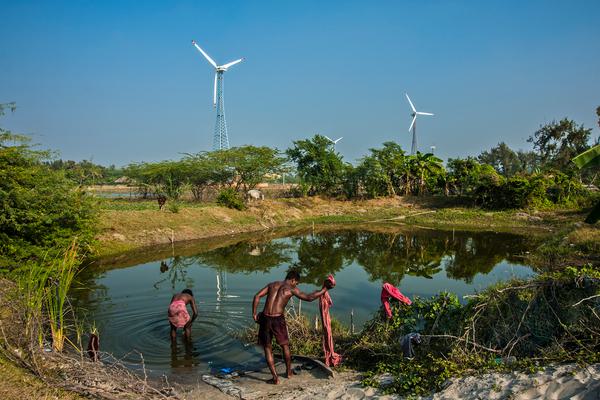Just Transitions
Advancing climate action that respects, protects and fulfils human rights
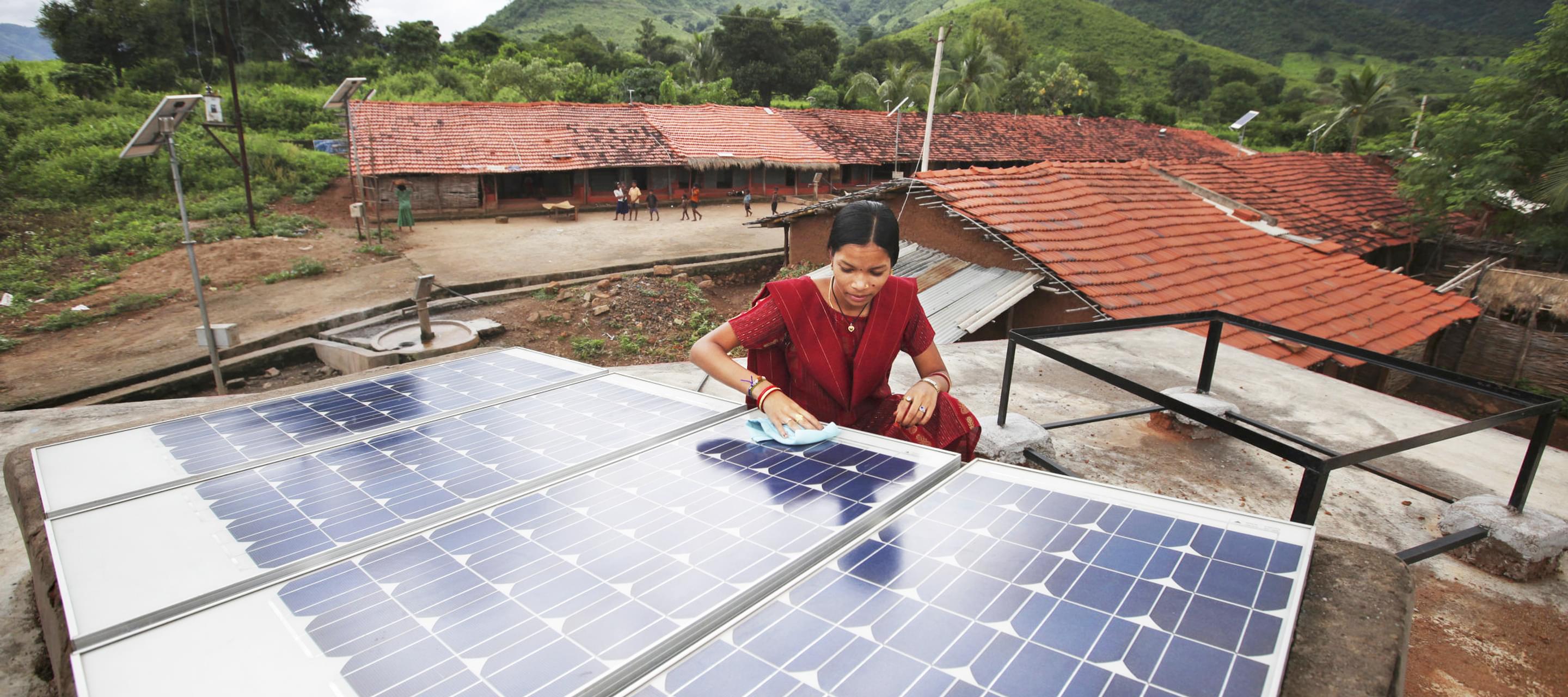
The concept of a 'just transition' reflects the imperative of managing the social impacts of climate action. It is an approach to decarbonisation that minimises the potential negative impacts whilst maximising the many positive benefits to come.
Our foundational report, Just Transitions for All: Business, Human Rights and Climate Action, set out the benefits of approaches that considers all the salient rights of workers, indigenous peoples, local communities, and consumers more widely affected by transitions, as well as those facing the impacts of climate change. IHRB's four essential elements for safeguarding the "just" in just transition offer further context and guidance for how to combat the confusion and risk of cooption that is growing as the concept gains popularity.
Our approach
IHRB's Just Transitions Programme seeks to contribute to a wider understanding of just transitions through research and testing effective approaches for companies and governments to integrate the voices and concerns of those impacted by climate-related policy and action at every level.
Featured Projects
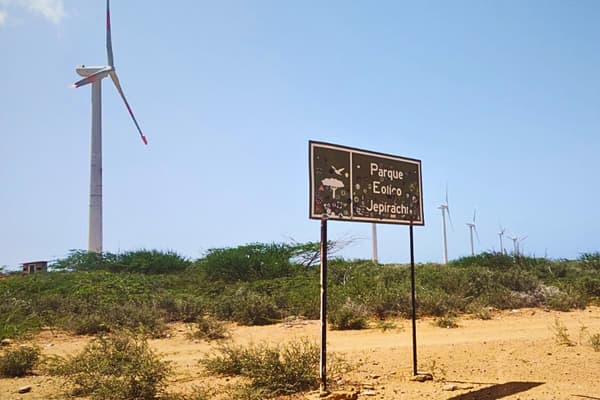
The Costs of Green Conflict
Researching the risks when renewable energy companies when they fail to secure or maintain their social licence to operate.
Read more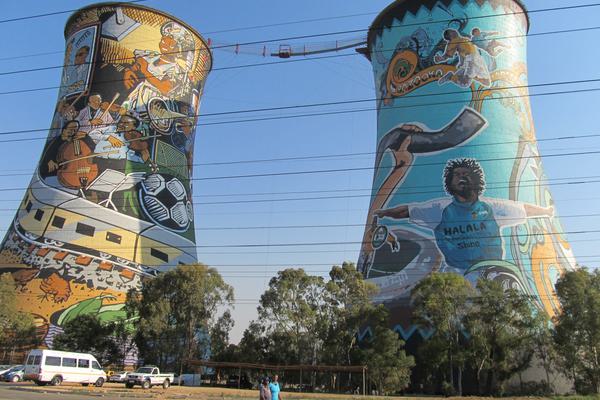
The 'J' in 'JETP'
Just Energy Transition Partnerships are fast becoming a go-to model for national-level decarbonisation initiatives.
Read moreTeam
Meet our Just Transitions team and learn about their expertise.

